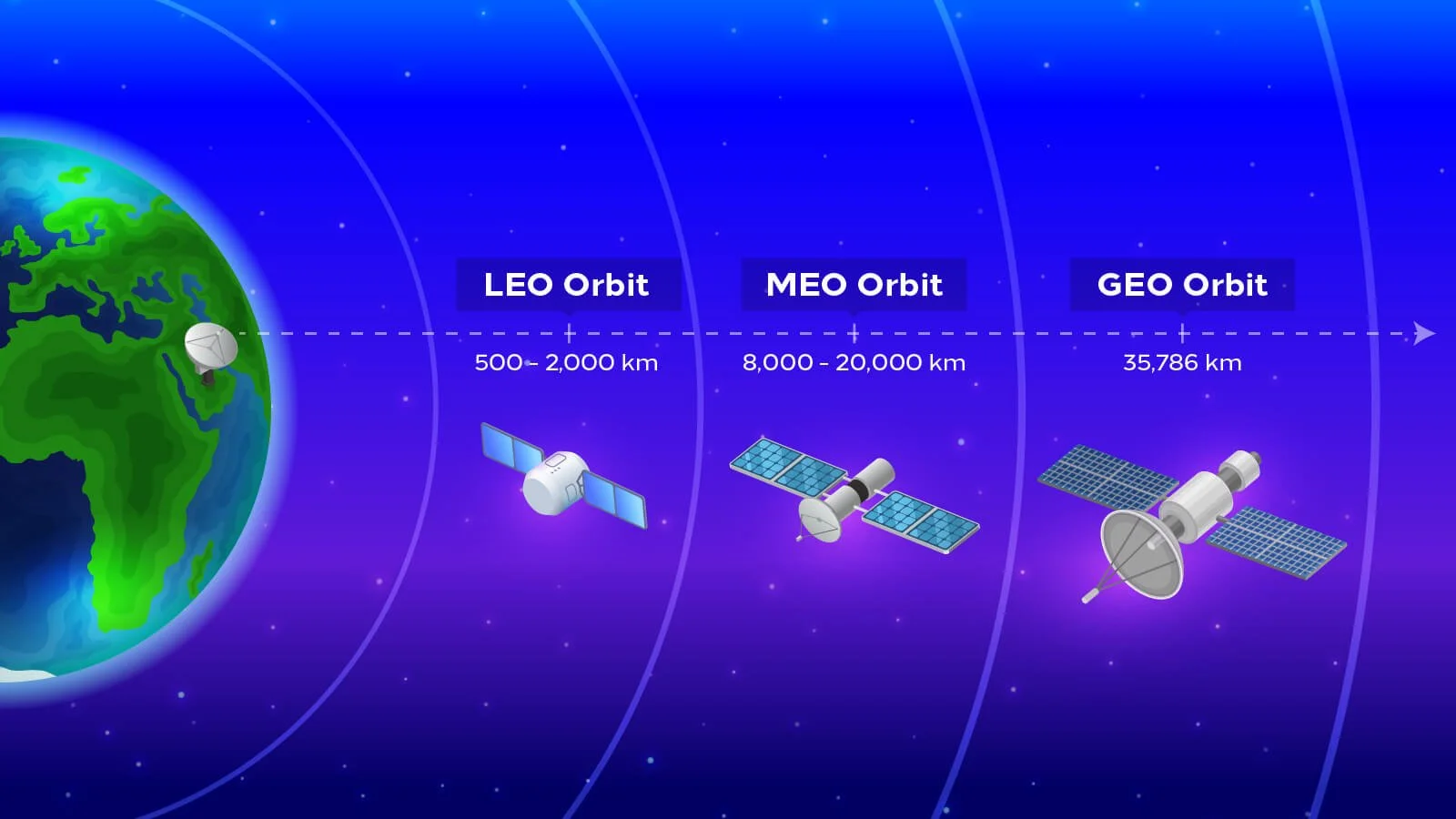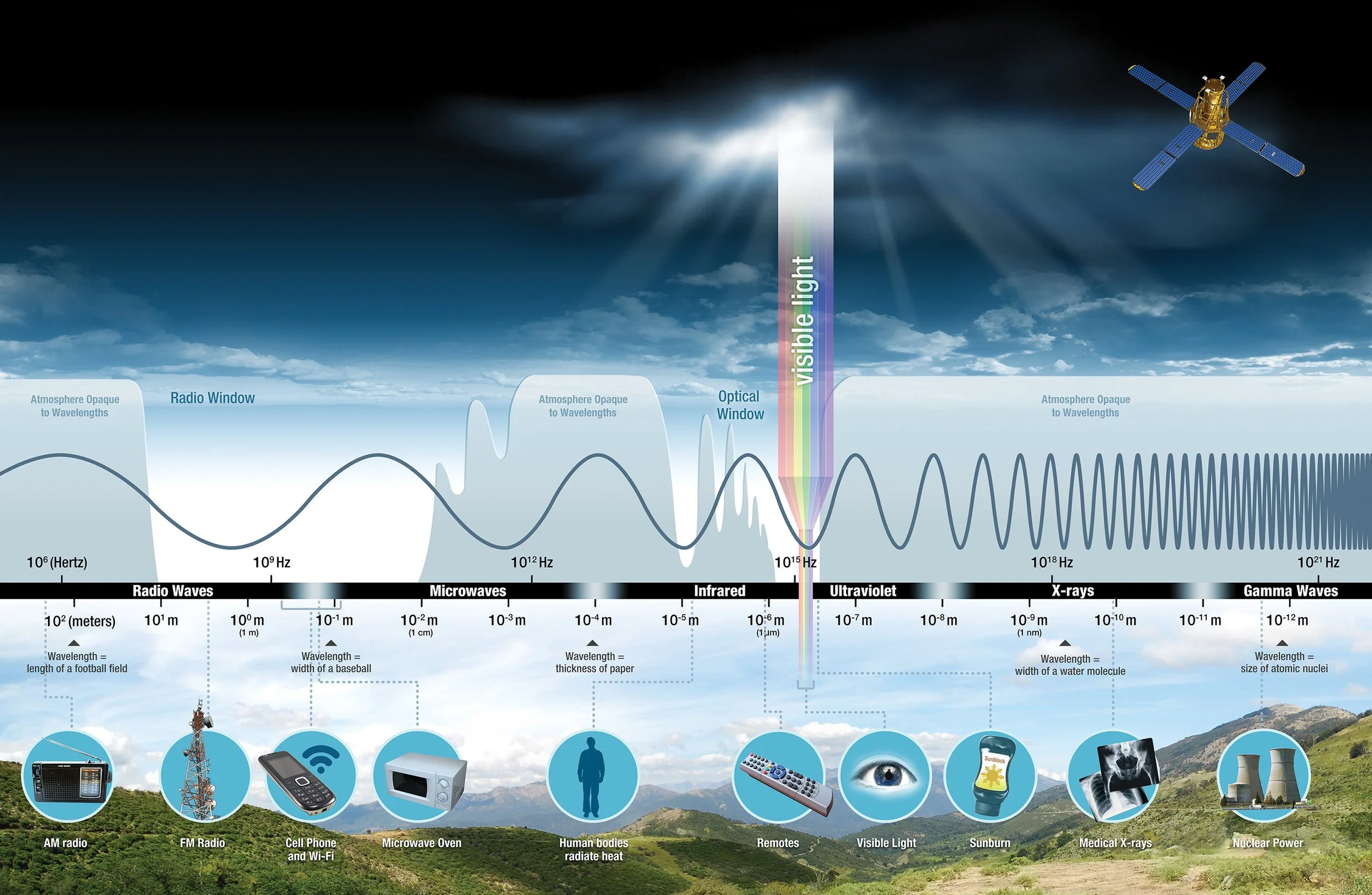
Space Weather
Blog
We make complex valuable information into easily consumable knowledge on space weather and its impact on Earth, space and terrestrial infrastructure, the space environment, other celestial bodies, and astronauts without neglecting quality!

✹
Space Weather And The Human Body
✹
Space Weather And The Solar System
✹
Space Weather And Mitigation Measures
-
Gain a deeper understanding of the current mitigation measures employed in various sectors, including insights into the present state of space weather mitigation initiatives, as well as the intricate complexities involved in the development of new and effective ones.
-
Exploring and ultimately obtaining human settlement on various celestial bodies calls for the necessity of space weather awareness to effectively reduce the risks and vulnerabilities imposed by this natural hazard, thereby contributing to the success and safety of such ambitious endeavours.
-
Exploring the vast and intriguing solar system calls for a profound necessity of space weather awareness in order to effectively reduce the associated risks and vulnerabilities that emerge from such ambitious endeavors.
✹
Space Weather Basics
-
Understanding the intricate relationship between space weather and the complex space environment surrounding various celestial bodies is vital for enhancing resilience and effectively reducing the potential for disasters.
-
Understanding space weather is vital to reduce the risks and vulnerabilities imposed by an increasingly more dependent world on advanced technologies.
-
Discover the fundamentals of space weather, delving into what it encompasses and why it holds significant importance for societal resilience.
Space Weather And Earth
✹
Space Weather And The Space Environment
✹
C H A P T E R N ° 12 Magnetospheres
Dear reader
In today’s article, we will look closer at the relation between incoming space radiation and planetary magnetic fields. Furthermore, we will discuss the importance of the relation between planetary magnetic fields and their strength, and atmospheric density in regards to a planet’s capability of shielding against space weather and, generally, space radiation.
Hoplon wishes you a pleasant read and hope to see you again soon!
C H A P T E R N ° 11 Satellites
Dear reader
In today’s article, we will look closer at space weather and its impact on the exterior and interior of satellites. Furthermore, additional risks and consequences of impact on the exterior and interior of satellites will be presented and discussed, highlighting – among other topics - the importance of the creation and implementation of innovative mitigation measures for the safety of critical infrastructures.
Hoplon wishes you a pleasant read and hope to see you again soon!
C H A P T E R N ° 10 Geosynchronous Earth Orbit (GEO)
Dear reader
In today’s article, we will look closer at the third – and last – orbital class commonly used by agencies to launch satellites into: Geosynchronous Earth Orbit (GEO), and its advantageous and disadvantageous. Additionally, SR Hoplon will discuss the interaction between space weather and the Van Allen Belts, and its impact on Geosynchronous Earth Orbit (GEO).
Hoplon wishes you a pleasant read and hope to see you again soon!
C H A P T E R N ° 9 Medium Earth Orbit (MEO)
Dear reader
In today’s article, we will look closer at the second orbital class commonly used by agencies to launch satellites into: Medium Earth Orbit (MEO), and its advantageous and disadvantageous. Additionally, we will discuss the interaction between space weather and the Van Allen Belts, and its impact on Medium Earth Orbit (MEO).
Hoplon wishes you a pleasant read and hope to see you again soon!
C H A P T E R N ° 8 Low Earth Orbit (LEO)
Dear reader
In today’s article, we will look closer at the first orbital class commonly used by agencies to launch satellites into: Low Earth Orbit (LEO), with additional knowledge provided on Polar Earth Orbit (PEO) and Sun-synchronous Orbit (SSO). Moreover, we will discuss the interaction between space weather and the Van Allen Belts, and its impact on Low Earth Orbit (LEO).
Hoplon wishes you a pleasant read and hope to see you again soon!
C H A P T E R N ° 6 The Van Allen Belts
Dear reader
In today’s article, we will introduce the Van Allen Belts and why it was a historical moment in space history. Additionally, we will discuss the differences between its belts and what happens during space weather events.
Hoplon wishes you a pleasant read and hope to see you again soon!
C H A P T E R N ° 5 The Outer Space Environment: Radiation vs Space Radiation
Dear reader
In today’s article, we will look closer at what radiation is and what the difference is between radiation found or created on Earth compared to that found in space (i.e., space radiation). Furthermore, we will discuss the difference between two types of space radiation and their impact on the space environment, and much more!
Hoplon wishes you a pleasant read and hope to see you again soon!







